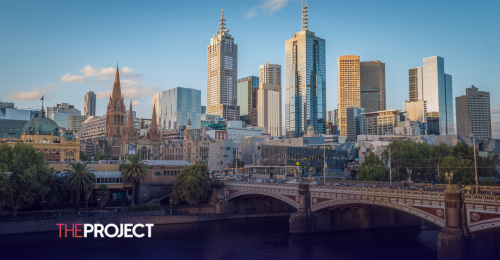The Cost-of-Living Cities Index from Compare the Market ranked 42 capital cities across 37 economically developed countries globally on 11 different cost-of-living factors, with Brisbane proving to be Australia's most cost-effective city.
Data experts looked at factors such as each city's unemployment rate, average annual wage, cash rate, the average cost of electricity, fuel and purchasing a home, as well as the typical cost of milk, bread and coffee.
Brisbane scored 6.31 out of a possible 10 points, with the recently introduced $0.50 public transport fares helping the city take out the second spot.
Melbourne, however, scored poorly for public transport fares, with a one-way trip costing $5.30, and placed seventh on the list with a score of 5.67.
The ranking credited Australia's average fuel prices for the cities' high placements, which is comparatively cheaper than other countries at $1.68 per litre.
Seoul, the most cost-effective city, took out the top spot largely due to having the lowest unemployment rate out of all 42 cities studied at 2.50%, as well as a low cash rate and cost of electricity.
The least cost-effective cities were Reykjavík, Iceland; Copenhagen, Denmark; and Dublin, Ireland.





























